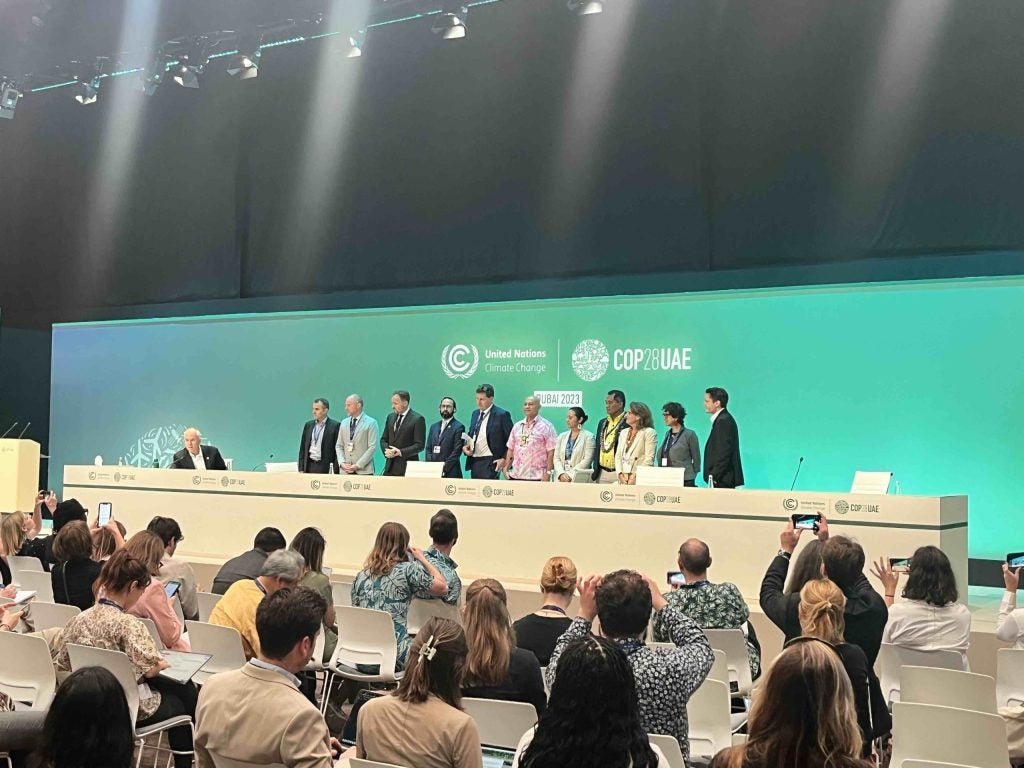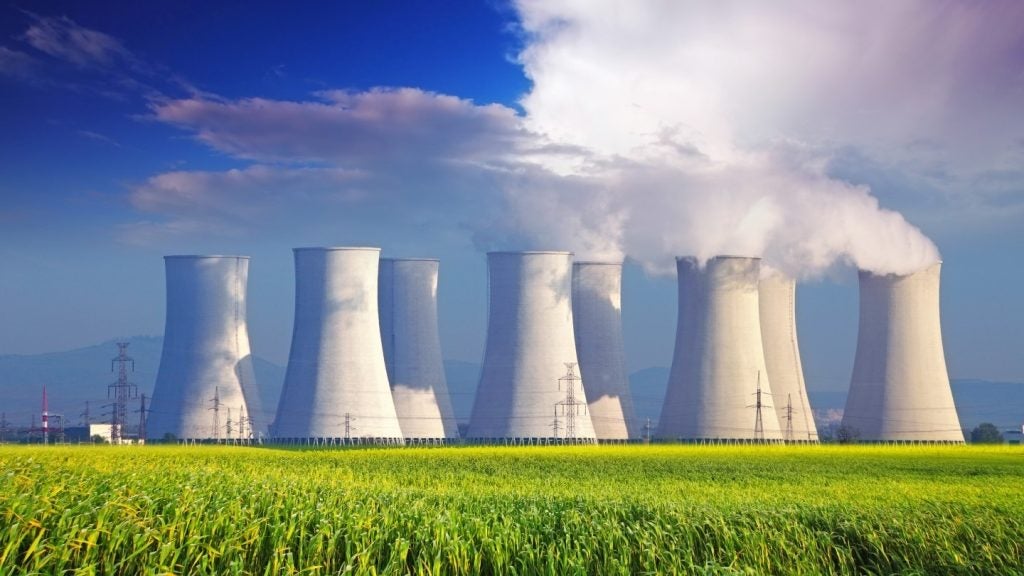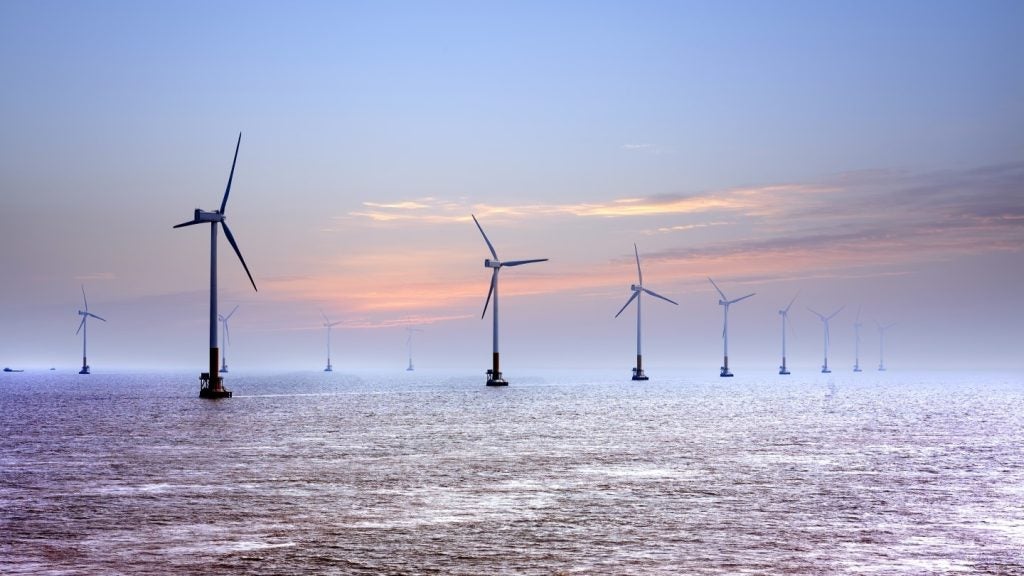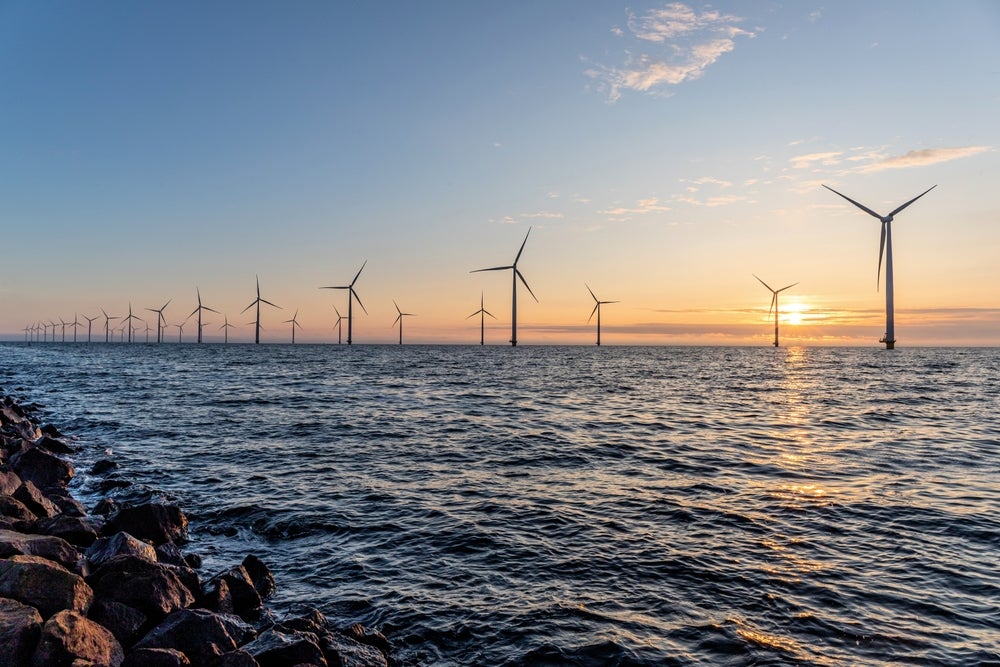DUBAI – A trailblazing group of territories that has pledged to end oil and gas extraction and exploration has added three new members at COP28 in Dubai, expanding the group to 24 members. Spain, Kenya and Samoa have all joined the BOGA, which means the group has doubled in size since it was launched at COP26.
“We will not achieve the goals of the Paris Agreement without phasing out oil and gas," said Dan Jorgensen, Minister for Development Cooperation and Global Climate Policy for Denmark at the COP. "Science confirms this time and again. Therefore, it is an important step in the right direction that Spain, Kenya and Samoa joined BOGA today.”
Founded by Costa Rica and Denmark, the group also includes Portugal, France, Sweden, the Marshall Islands and Vanuatu.
“Friends” of the BOGA – which means countries that have committed to align their oil and gas sector with the Paris Agreement, but not committed to the specific goal of ending oil and gas extraction – include Italy, Finland and Chile.
Colombia also joined as a friend just prior to the COP. The presence of Colombia and Kenya in the group is significant, as they are both countries in the Global South with significant oil and gas reserves, challenging the perception that low and middle-income countries need oil to develop.
Toeolesulusulu Cedric Schuster, Minister of Natural Resources, Environment and Land for Samoa, said: “Samoa has joined the Beyond Oil and Gas Alliance because for our country the phase-out of fossil fuels is existential.”
Climate Envoy for Kenya, Ali Mohamed, added: “"Kenya is pleased to join this action-oriented alliance, which aligns with our green development strategy and ambition to pursue a development pathway that prioritises our planet and heritage of future generations of Kenyans.”
The membership update from the BOGA comes on top of announcements that Australia and Norway will join 40 other countries and institutions in the pledge to phase out international fossil fuel finance, and instead prioritise clean investment.
As week one of COP28 draws to a close, activists are praising moves by countries to join anti-fossil fuel alliances.
“New and existing members of the Beyond Oil and Gas Alliance show it is possible and urgent to take the right steps to keep oil and gas in the ground and support a global phase out of fossil fuel production,” said Romain Ioualalen, global policy manager at Oil Change International.
“This kind of leadership must become the norm – particularly this year when the success of COP28 will be determined by whether it delivers an agreement on a fast, full, fair and funded phase-out of all fossil fuels.”
[Link src="https://www.energymonitor.ai/all-newsletters/" title="Keep up with Energy Monitor: Subscribe to our weekly newsletter" font-size="20px"]As for the actual COP negotiations, which are set to produce a cover text outlining climate policy that all 198 parties to the UNFCCC must agree to, signs of progress were more scant.
An assessment released on Wednesday from think tank E3G – which has been following negotiations very closely – said that “all the big issues are still at play”, with little progress on new global climate adaptation goals in particular.
“With six days of talks down and little to show for it, the gaze turns to the UAE Presidency who will take the reins from here. How they’ll handle it is anyone’s guess”, said E3G.
A new draft of the COP28 cover text released on Wednesday morning included language on a “fossil fuel phase-out”, which is what climate activists and more than 100 countries are pushing for in order to align the policy outcome of COP28 with the ambitions of the Paris Agreement.
However, it also included much less ambitious language on “accelerated efforts towards the phasedown of unabated coal power and phase-out of inefficient fossil fuels subsidies”, demonstrating that there is still significant disagreement over how to reference fossil fuels.
When asked at a press conference on Tuesday whether COP28 could be deemed a success if “fossil fuel phase-out” is not included in the cover text, 11 environment ministers from the BOGA countries each clearly said: “No”.















